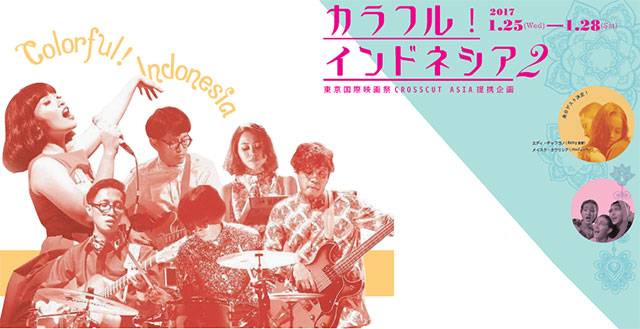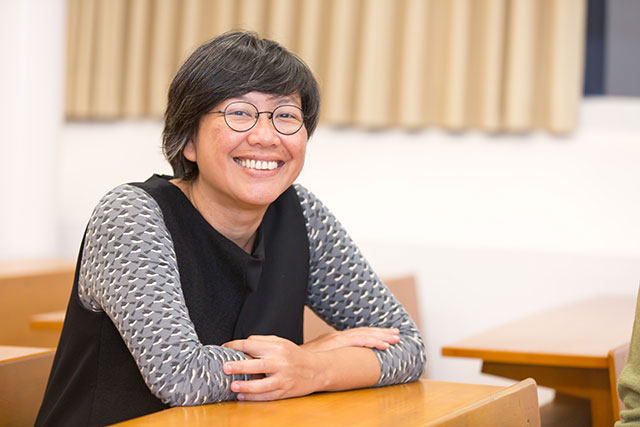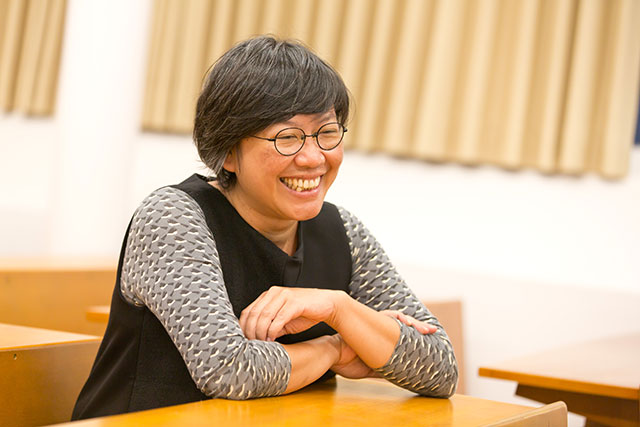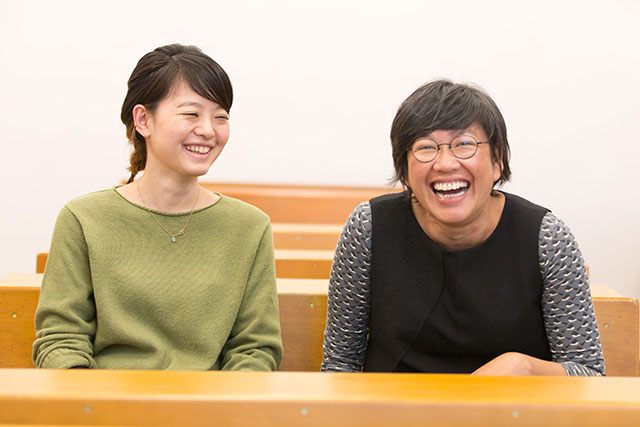Film Programming, a Strategy
Murata: I'd like to ask the two of you: since you both run film programs in a space that have particular clienteles in a particular location, what in particular do you keep in mind when organizing a film screening?
Takasaki: I've been working at Athénée Français for four years now, but I only started film programming about two or three years ago, so I am very new to the field. My first film programming was of Oscar Micheaux*8 *Japanese Site Only, a pioneer in African-American film. I have had some that weren't as successful as others, but the first thing I think of when programming a film screening is what kind of audience I want to invite to the cinema.
For example, in Japan, many art houses cinemas have their own characteristics in terms of their programs: Polepole Higashi Nakano is known for its documentaries and Waseda Shochiku is famous for showing older films back-to-back. We, on the other hand, are known for showing films that are highly recognized in the discourse of Western film. Since these have a relatively steady fan-base, I thought this was a good chance to be a little adventurous; to step outside my [and their] comfort zone. From Colorful Indonesia 2, 9808: An Anthology of 10th Year Indonesian Reform (2008), The Three Sisters, and the "Best Selections of Indonesian Short Films" programs were geared toward Athénée Français regulars; I knew they would be interested in these. For one of the 9808 omnibus, mid-careered Indonesian filmmakers participated, The Three Sisters is, as I said, a classic, directed by the master Usmar Ismail, and the lineup of short films in the "Best Selection of Indonesian Short Films" are those slowly but steadily gaining wide recognition in international film festivals such as Cannes or Berlin. So while being somewhat new, there are still elements in each film which Athénée Français visitors are familiar with.
*8 Oscar Micheaux (1884–1951) is novelist and film writer considered to be the pioneer in African-American films. He produced over forty-four films after establishing Micheaux Film & Book Company, the first of which was The Homesteader (1919). Micheaux and his achievements have recently regained the attention of academics and scholars as the most successful African-American film writer in American film history.

Meiske: Well, I've actually never worked as a film programmer. I volunteered at the Jakarta International Film Festival a long time ago but I wasn't involved in the programming of films. I just stumbled upon it since I couldn't avoid it at the Kolektif.
The film programs we have for the Kolektif focus on Indonesian independent films, and it was relatively easy to compose because there aren't many to begin with so we'd simply organize screenings based on different themes. At the beginning, too, we only screened feature films but now we also show short films and some foreign films so there is more need for film programming now. Generally speaking in Indonesia, exposure of independent films, or even Indonesian films, is very limited. So, another of our mission at the Kolektif is to sustain a space for screening these films.

Meiske: At the same time, I think the Kolektif can show film programs that question the role of film festivals. Sometimes, I get asked, "How can I make films for festivals?" This, of course, is the wrong approach. The correct route should be: you make films, then it gets introduced at film festivals.
We producers occasionally take advantage of it too, but the media, in particular, embellish films saying they've been screened at prestigious film festivals when promoting them. So audiences mistaken them as "film festival films." We're trying to spread the understanding that there are no "films for film festivals," but rather that "good films get picked up by film festivals."

Murata: Any last comments on the program which you'd like to add?
Meiske: I feel very lucky to have worked with Ikuko on Colorful Indonesia 2, and I'm sure my friends are happy too to have played a part in the screening of each of the films. The greatest challenge we face, I think, is funding programs like this, at the end of the day. With this particular program, we had the Japan Foundation's support, but I'd like to develop opportunities like this to continue programs that we can organize and run ourselves.
Takasaki: As Meiske says, fundraising and revenues are an important aspect of organizing film programs. But despite limited funds, there is still a lot that we can work on. So I'd like to continue working on programming films, beginning with small-scaled ones, so that we can build on the field step by step.
Murata: Thank you both for your time.

At the Athénée Français Cultural Center, on January 28, 2017
Links
- Kolektif Film (Facebook Page)
- Documentary Dream Center *Japanese Site Only
- NPO Eiganabe *Japanese Site Only
- Jogja Film Academy *Indonesian Site Only
- Contributing articles by Meiske Taurisia and Ikuko Takasaki can be found in the Colorful Indonesia 2. Special Pamphlet available for free at the Japan Foundation Library. Ikuko Takasaki, "A Brief History of Indonesian Film," and Meiske Taurisia, "Film Diversity, Cultural Diversity," in Colorful Indonesia 2 (Tokyo: The Japan Foundation Asia Center, Athénée Français Cultural Center, pp. 6–7, 9).
Interpreter: Asako Fujioka
Photo (Interview): Masaki Koide







